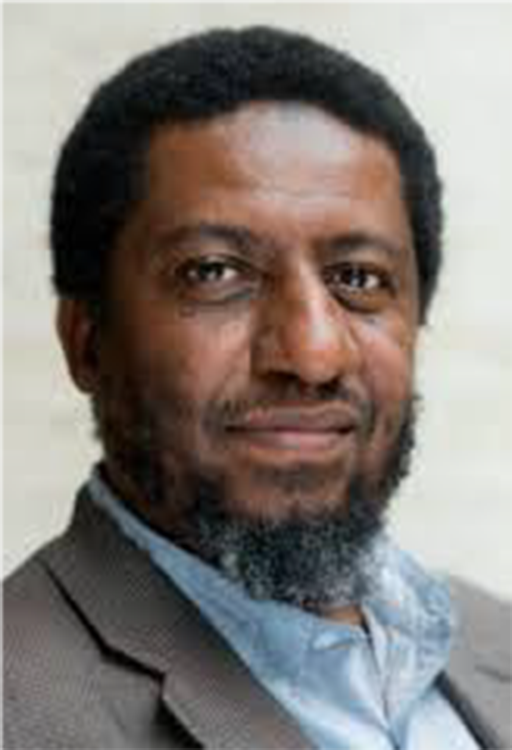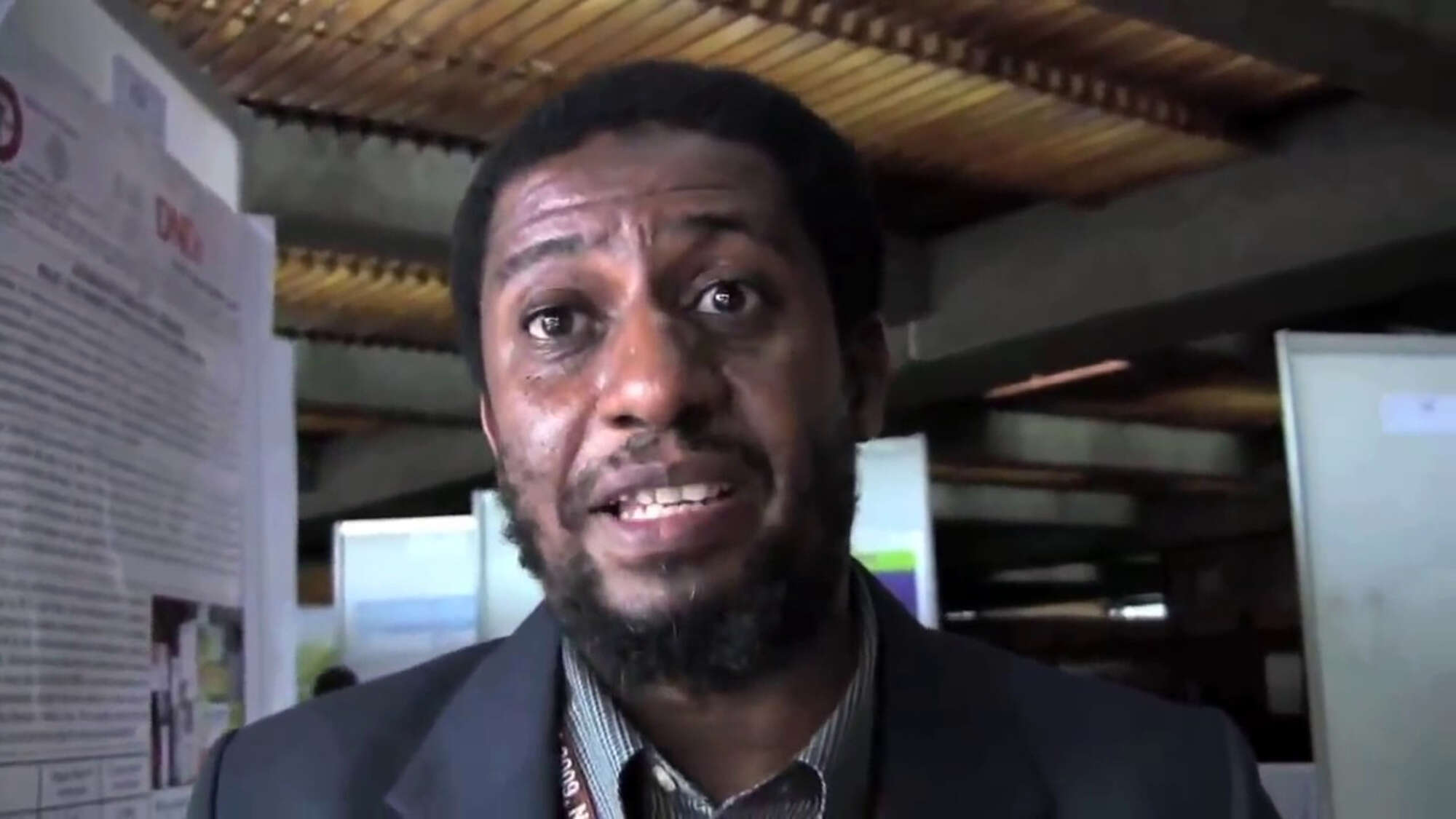Dr. Salim Abdulla is a distinguished clinical epidemiologist whose remarkable career has significantly impacted the global fight against malaria and emerging pathogens. With over 20 years of experience in conducting clinical trials and groundbreaking research, he has played a pivotal role in shaping national malaria policies and leading innovations in healthcare.
Throughout his career, Dr. Abdulla has focused on evaluating and introducing critical interventions in the fight against malaria. He conducted extensive research on insecticide-treated bednets (ITNs) and artemisinin-based combination therapies, leading to important advancements in national malaria policy formulation. Notably, he is currently engaged in the evaluation of new malaria vaccines and treatments, with the goal of achieving regulatory licensure.

Dr. Salim Abdulla is not only a prolific researcher but also an influential figure in the field of public health. He has made substantial contributions through extensive publications on malaria intervention strategies and serves as an advisor to various technical committees within the Ministry of Health and Social Welfare in Tanzania and internationally, including the World Health Organization’s Malaria Policy Advisory Committee (MPAC) and Vector Control Advisory Group (VCAG). This involvement allows him to actively contribute to health and research priority setting at multiple levels.
In recognition of his outstanding contributions to malaria research, Dr. Abdulla was awarded the centenary medal by the United Kingdom Royal Society of Tropical Medicine and Hygiene in 2007 and the prestigious Donald Reid Medal for his outstanding work in epidemiology in 2015. His commitment to international cooperation in health research was acknowledged with the Prince of Asturias award in 2008, which he received on behalf of the Ifakara Health Institute.
Dr. Abdulla’s leadership extends to his role as the Chief Executive Director of the Ifakara Health Institute (IHI) from 2008 to 2016. Under his guidance, he initiated and led the operational excellence program at the institute, significantly improving efficiency and productivity across all operations. In 2005, he founded and led the Bagamoyo Research and Training Centre, a branch of IHI specializing in biomedical and clinical research and training, now recognized as one of the leading clinical research facilities in Sub-Saharan Africa.
In addition to his impressive research and leadership achievements, Dr. Abdulla is a dedicated educator and mentor. He has supervised Master’s and PhD students in Tanzania and beyond. His commitment to education also led to his appointment as an Adjunct Professor of Epidemiology at the Nelson Mandela African Institute of Science and Technology in Arusha, Tanzania.
We are fortunate that Dr. Abdulla took time from his demanding schedule to speak with us and share insights into his career. public health and malaria research. During our interview, we discuss what initially drew him to public health as well as his past achievements and current projects.
The Interview
*All images were obtained from Ifakara Health Institute.
Disclaimer: The views and opinions expressed in this interview are those of the interviewees and do not necessarily reflect the views or positions of Public Health Landscape or Valent BioSciences, LLC.
